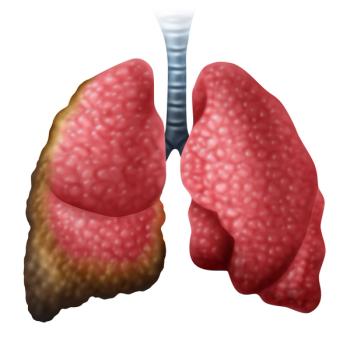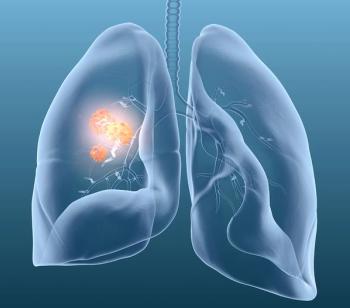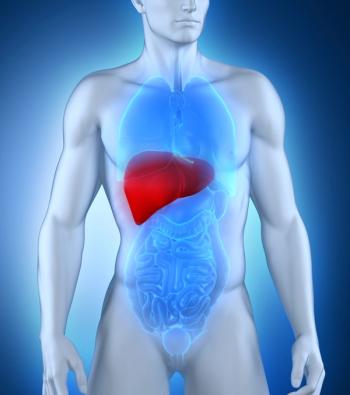
In a multicenter retrospective study authors examined the impact of prior inotuzumab ozogamicin exposure on the outcomes of brexu-cel therapy in adults with R/R B-cell ALL.

Your AI-Trained Oncology Knowledge Connection!


In a multicenter retrospective study authors examined the impact of prior inotuzumab ozogamicin exposure on the outcomes of brexu-cel therapy in adults with R/R B-cell ALL.

Findings from a multicenter cohort study support screening adherence as a key lung cancer screening quality metric.

Researchers conducted a comprehensive review on how intrinsic T cell characteristics influence CAR-T cell therapy outcomes in hematological malignancies.

The clearance precedes the initiation of a phase 1/2a trial that will evaluate the efficacy and safety of VS-7375 in advanced solid tumors with a KRAS-G12D mutation.

Data from the phase 3 AK105-304 study support the approval of penpulimab in this nasopharyngeal carcinoma population.

Polypharmacy, medication list errors, and drug-drug interactions were all observed in patients with cancer receiving oral anticancer drugs.

The NETRF lends funding to help discover new and emerging treatment options in neuroendocrine tumors, according to Anna Greene, PhD.

A systematic review shows that well-designed randomized clinical trials are necessary to optimize treatment strategies with tislelizumab in lung cancer.

![“These results and the lack of systemic toxicity observed with [TTFields] provide patients with a promising new treatment option,” according to Joachim Aerts, MD, an investigator of the phase 3 LUNAR trial (NCT02973789).](https://cdn.sanity.io/images/0vv8moc6/cancernetwork/7d7dfad7849391f4be3ebd2cf39c24f5369cfcd1-1200x1176.jpg?w=350&fit=crop&auto=format)
Data from the phase 3 LUNAR trial support the Conformité Européenne Mark for tumor treating fields in metastatic non–small cell lung cancer.

Modifying injection methods when administering radioactive therapies may significantly reduce extravasation rates.

The phase 3 HARMONi-6 trial found invonescimab plus chemotherapy improved PFS vs tislelizumab plus chemotherapy in squamous NSCLC.

MEV01 trial results show that the test achieved an 86% early-stage sensitivity and 88% specificity in surveillance of HCC among patients with cirrhosis.

Anna Greene, PhD, spoke about how this under-studied disease needs increased funding and more awareness.

Extravasation with beta emitters may elicit more drastic adverse effects due to their higher radiation dose.

Anna Greene, PhD, highlights the NETRF’s role as the largest funder of NET research, their current research funding opportunities, and its commitment to patient support.


Data from a Japanese trial add to the body of evidence supporting the favorable efficacy and safety of nadofaragene firadenovec for this NMIBC population.

Increasing the use of patient-reported outcomes may ensure that practitioners can fully ascertain the impact of treatment for rare lymphomas.

ctDNA levels may help to predict early recurrence for patients with stage III melanoma before adjuvant therapy and during follow-up.

An annual report on the status of cancer showed that, from 2018 to 2022, the cancer death rate fell for every race and ethnicity.

Treatment-related adverse events of special interest occurred in 64.9% of patients who received fruquintinib and 23.0% of those who received placebo.

Photographic and written documentation can help providers recognize inflammatory breast cancer symptoms across diverse populations.

The use of guideline-concordant care in breast cancer appears to be more common in White populations than Black populations.


Disease control following radiotherapy appeared to be optimal in a retrospective cohort of patients with multiple myeloma.

Data from the T-DXd monotherapy arm of the phase 3 DESTINY-Breast09 trial will remain blinded until the final PFS analysis.

A network meta-analysis of 3 clinical trials sought to compare zanubrutinib vs approved BTKis in relapsed/refractory chronic lymphocytic leukemia.

Sacituzumab govitecan plus pembrolizumab showed a trend for improved overall survival vs standard of care in patients with untreated PD-L1–positive TNBC.

Findings highlight a need to incorporate diverse populations when developing guideline-concordant breast cancer care to achieve efficacy for all patients.